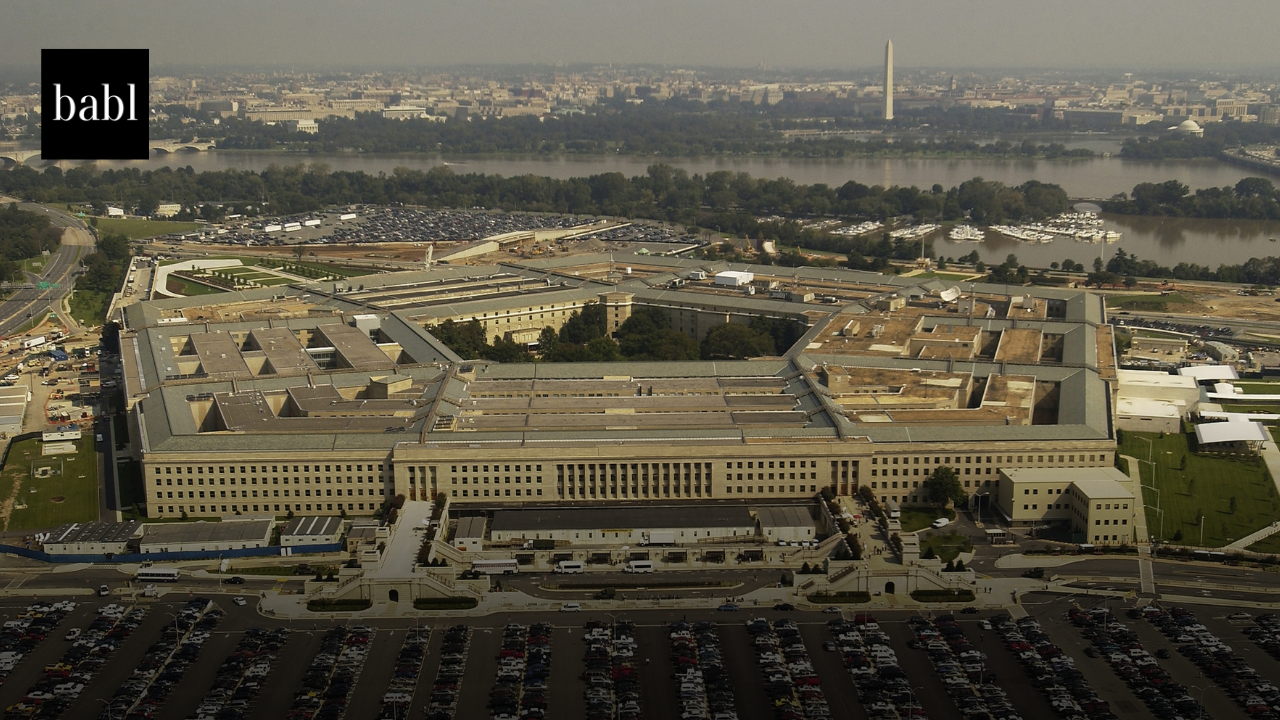UPDATE – FEBRUARY 2026:
This article covers the NTIA’s “Artificial Intelligence Accountability Policy Report,” a key policy framework developed under the Biden administration. While the Trump administration has since taken a different AI policy direction, the NTIA report remains one of the most comprehensive federal efforts to define AI accountability principles in the U.S.
ORIGINAL NEWS STORY:
National Report Emphasizes Accountability in AI Applications
The National Telecommunications and Information Administration (NTIA) recently released a report focusing on accountability in AI applications. The report, titled “Artificial Intelligence Accountability Policy Report,” delves into the critical importance of recognizing and addressing potential harms and risks associated with the widespread use of AI technologies across various sectors.
Focus on Transparency and Risk
The report emphasizes transparency in AI systems. It recommends that developers and deployers provide clear details about how their systems work. This includes:
-
What data trained the model
-
How the system performs
-
The ethical considerations behind it
This level of transparency, according to stakeholders, is key to building public trust.
The NTIA also stresses the importance of risk-based accountability. High-risk applications, such as those used in healthcare or law enforcement, require more stringent oversight than low-risk tools. The report urges organizations to scale their accountability practices based on risk level.
Sector-Specific and Cross-Sector Approaches
To promote a strong and unified accountability ecosystem, the NTIA recommends developing:
-
Sector-specific rules tailored to unique challenges
-
Cross-sector standards that support broader collaboration and consistency
This hybrid approach aims to foster responsible innovation while maintaining public protections.
Addressing AI Harms
Public commenters raised concerns about bias, discrimination, and lack of explainability in AI systems. Others pointed to the risk of malicious misuse. The report encourages a multifaceted approach to reduce harm, combining:
-
Technical safeguards
-
Regulatory oversight
-
Ethical review
These strategies work together to make AI safer and more trustworthy.
Government’s Role in Building Trust
According to the NTIA, trust in AI can’t come from developers alone. Governments and affected communities must help verify AI claims. Agencies should create assurance mechanisms that test whether systems meet baseline standards for fairness, transparency, and effectiveness.
Widespread Public Input
More than 1,440 unique comments helped shape the report. These submissions came from a broad range of stakeholders. The feedback revealed common concerns and highlighted the public’s growing interest in responsible AI policies.
Need Help?
You could be wondering how NTIA regulations, or any AI regulations and laws, could impact you. Therefore, reach out to BABL AI. Hence, their Audit Experts are ready to answer your questions and concerns, and provide valuable assistance.





